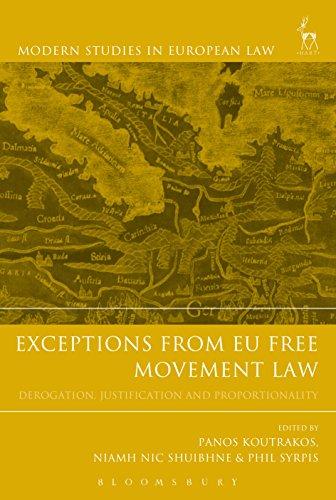Question
Concerned about the future of American democracy, in 2018 Congress enacted the Make America Vote Again Act (MAVAA). The preamble to the law notes that
Concerned about the future of American democracy, in 2018 Congress enacted the Make America Vote Again Act (MAVAA). The preamble to the law notes that Congress has found that very low voter turnout among certain demographic groups, including but not limited to racial minorities, has contributed to inadequate representation of these groups and systemic discrimination against them by both state and federal officials. As one example among many, Congress noted that almost every state elects its chief prosecutors, that white-voters cast over 95% of the ballots in state prosecutorial elections, and that prosecutors routinely bring more severe criminal charges or seek more severe sentences against defendants of color than they do against white defendants who engage in similar conduct. Congress's factual findings also include data that show that the option to vote by mail dramatically increases voting rates, especially among the elderly and persons with physical disabilities.
One key provision of MAVAA is known as "the individual mandate." It states that any individual required to file a federal tax return must report on that tax return whether he or she cast a ballot in any state or federal election that took place in the previous year and for which he or she was eligible to vote. Individuals who have failed to vote in their state's elections (or in federal elections) despite being eligible to do so are subject to a penalty of $100.
Another key provision of MAVAA provides for federal grants to help states establish and operate mail voting systems. Any state that has, or establishes, an opportunity to vote by mail can receive up to $3 million in federal funds per year, to be used "to maintain the integrity of mail voting and the accessibility of American democracy," in the words of Congress.
South York, a state in the United States, has long offered mail-in ballots as a way of voting in state and federal elections. In 2018, however, Eddie Edwards, a state representative in the South York legislature, raised concerns that "nowadays just anyone can vote." Citing concerns about voter fraud, Edwards introduced, and the South York legislature eventually passed, legislation that amends state law to require in-person voting in nearly all cases. Under the new law, absentee (mailed) ballots are accepted only from voters who submit sworn statements that they will be out of state on election day.
You are an attorney in South York, and two residents of the state ask for your advice and assistance. One, Jody Apathetic, has never voted in any election and now, pursuant to MAVAA, she must pay the $100 penalty to the federal government. The second potential client, Susie Demos, is confined to a wheelchair. She has voted by mail regularly in the past and tried to do so again in 2018, but the state rejected her ballot since Susie was present in the state on election day. Jody Apathetic wants to contest the constitutionality of MAVAA, and Susie Demos wants to challenge the South York law that limits mail-in voting. Assuming that Jody and Susie each have standing, what arguments could each raise against the constitutionality of these laws? What are the arguments that Congress, or the state of South York, is likely to make in response? How would you expect a court to rule on the constitutional claims? (Since we did not study the First Amendment in this course, you may ignore any First Amendment issues, and dormant commerce clause issues that you think either law could create.)
Step by Step Solution
There are 3 Steps involved in it
Step: 1

Get Instant Access to Expert-Tailored Solutions
See step-by-step solutions with expert insights and AI powered tools for academic success
Step: 2

Step: 3

Ace Your Homework with AI
Get the answers you need in no time with our AI-driven, step-by-step assistance
Get Started


